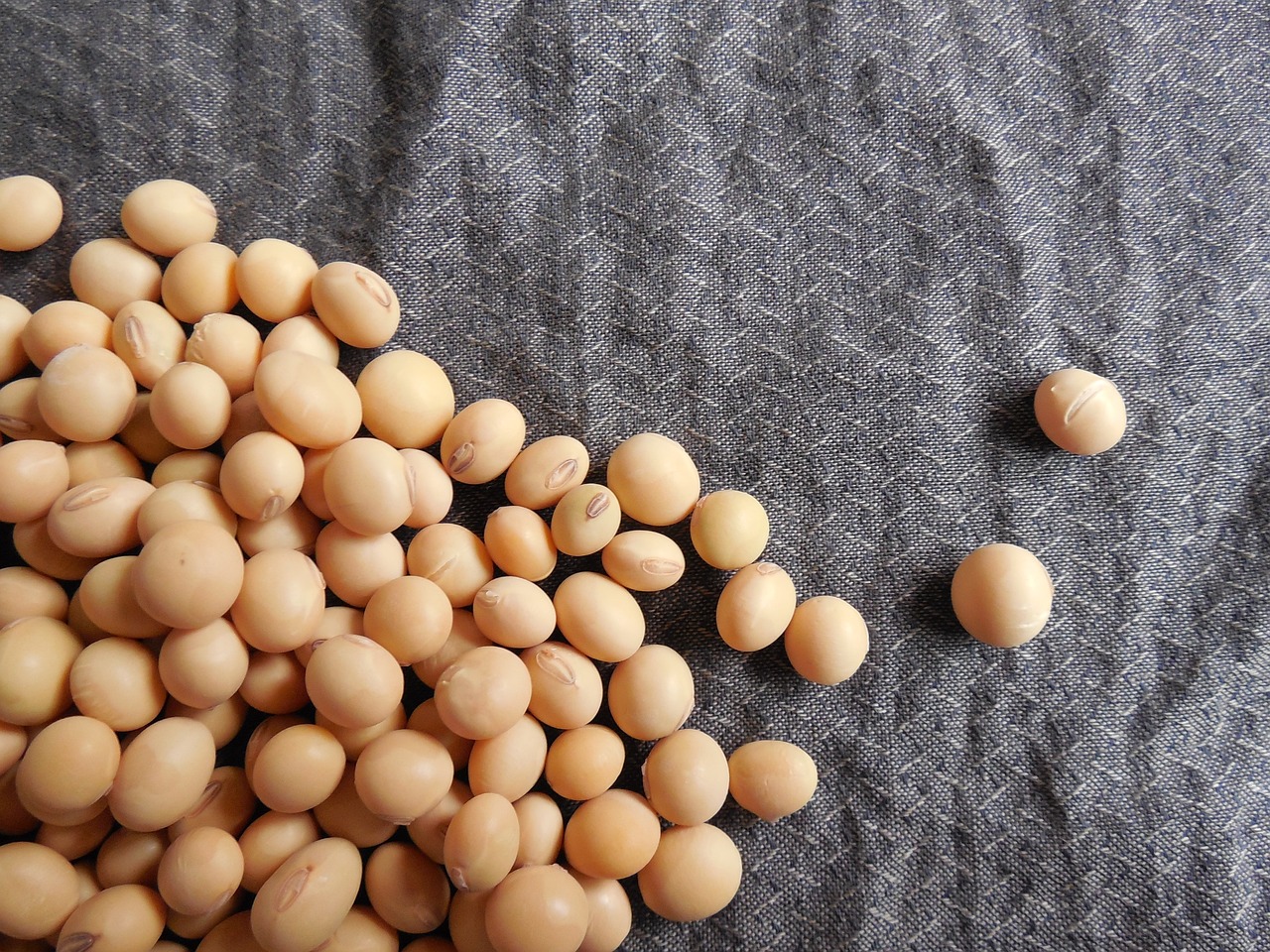Nutrition is one of the most critical elements in the long journey towards health. Our body is like a sophisticated machine, and nutrients are the “fuel” and “lubricant” that keep it running normally.
Dairy, soybeans, fats and oils, these seemingly ordinary food, in fact, contains a huge amount of energy and vital nutritional value for human health. Let’s go into the world of nutrition and unravel the mystery behind the relationship between dairy, soy, reduced fat intake and nutrition.
Nutritional value of milk and its importance to human health
Milk, is one of the common and important foods in our daily life. It is rich in many nutrients and has many positive effects on human health.
- High quality protein source. Protein is essential for the growth, repair and maintenance of the human body. The proteins in milk contain a variety of essential amino acids needed by the human body and have a high nutritional value.
- Rich in calcium. Calcium plays a key role in the development and health of human bones. In childhood and adolescence, adequate calcium intake helps build strong bones and prevent diseases such as rickets; in adulthood, especially after menopause, adequate calcium can help maintain bone density and reduce the risk of osteoporosis.
- Rich in multivitamins. Milk contains vitamin D, vitamin B2 and other vitamins, as well as phosphorus, magnesium and other minerals. Vitamin D helps in the absorption and utilization of calcium, while other vitamins and minerals also play an important role in various physiological functions of the body.
Moderate daily consumption of dairy products, such as cow’s milk and goat’s milk, can provide the body with these important nutrients and help maintain good health. For children and adolescents, milk promotes growth and development, while adults can also maintain their body functions with moderate daily consumption.
Nutritional value of soybeans and its importance to human health
Soybean, a food with high nutritional value, is also a high quality source of plant-based protein. It is rich in protein and has a reasonable amino acid composition. Soy protein is a good choice for those who are picky eaters, do not consume meat or need to limit their animal protein intake.
Soybeans are rich in unsaturated fatty acids, especially linoleic and linolenic acids. These unsaturated fatty acids are beneficial for cardiovascular health, helping to lower cholesterol levels and prevent the risk of cardiovascular disease.
Soybeans are also rich in dietary fiber. Dietary fiber can promote intestinal peristalsis, prevent constipation, and is also helpful in regulating blood sugar and blood lipids.
In addition, soybeans also contain a variety of vitamins and minerals, such as vitamin B, vitamin E, potassium, magnesium and so on.
Soy products also occupy an important position in the daily diet, such as tofu, soy milk, soybean skin and so on. Regular consumption of soybeans and their products not only replenishes a variety of nutrients, but also helps prevent many chronic diseases.
The scientific approach to reducing fats and oils consumption
Although fats and oils are also one of the essential nutrients, excessive intake can have adverse effects on health. So how should we use scientific methods to reduce the intake of fats and oils?
First of all, choose reasonable cooking methods. Try to use low oil cooking methods such as steaming, boiling, stewing, cold mixing, etc., and reduce frying, deep-frying and other high oil cooking.
Secondly, control the amount of fat. During the cooking process, you can use tools such as oil control pots to precisely control the amount of oil used.
Furthermore, pay attention to the choice of food. Eat less or no fried food, animal offal and other high-fat food.
In addition, when eating out, pay attention to the choice of dishes and avoid choosing dishes that are too oily.
In conclusion, the nutritional value of dairy and soy cannot be ignored, while maintaining a moderate intake of fats and oils is equally important for health. Understanding and mastering this nutritional knowledge will help maintain good health. In daily life, it is also important to develop good eating habits, such as regular meals, chewing and slow swallowing complementary to nutritional intake.

